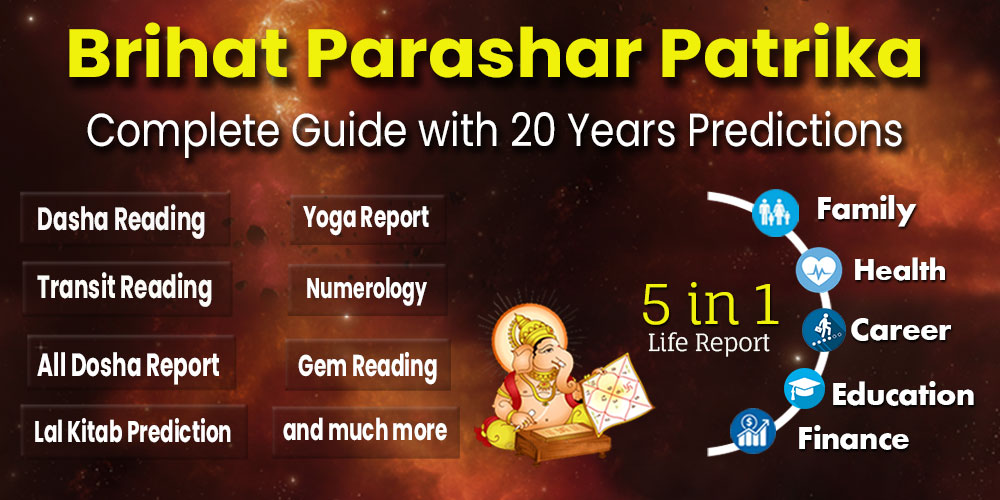Significance
Pongal is to Tamils what Durga Puja is to Bengal, Baisakhi to Punjab, Bihu to Assam, Ugadi to Andhra, Makar Sankranti to Karnataka and other States and Onam to Kerala. Tamil Pongal heralds the hope of a new era of prosperity. It signifies the end of the harvest season with plenty of hopes pinned on the entire Tamil month of 'Thai' beginning with the Pongal Day.
History
Pongal is the embodiment of Tamil culture. It is during Pongal that the best in the nature and the skills of the people are brought out. Therefore, it is no wonder that people celebrate Pongal to show their gratitude to Mother Nature for blessing them with normal rainfall. Hundreds of temples all over Tamil Nadu arrange for 'Sama Bandhi Virundu' (community feasts) in which people from all castes and religions participate.
A Tamil saying goes on that "Thai Piranthal Vali Pirakkum" meaning that when the month of Thai dawns there will be way of love, peace, harmony, prosperity, joyness in everyone's life. The month of Thai (starting on January 14 or 15) is considered very auspicious. Young people eagerly await Thai, for it promises wedlock for them. Others too, expectantly wait for the arrival of this month for celebrating some other happy occasions.
How to Celebrate
The valor of the Tamils is best illustrated in events like 'Jallikattu' or 'Manjuvirattu' in which the youth who control the fearsome bulls are honored and given prizes. Their nature of respecting the elderly and the near and dear ones is revealed on the day of Kaanum Pongal when people visit their elders to pay their obeisance. Skills of womenfolk are clearly manifest during the festival when they decorate the courtyard of their houses with Rangoli and prepare delicacies like 'Sarkarai Pongal' for the Pongal feast.
The Pongal celebrations are spread over four days. The day before Pongal is called Bhogi. It is celebrated as a family festival. On the day of 'Bhogi, people discard their old things by making a bonfire in front of their houses early in the morning amidst the beating of drums. On the Pongal day, the womenfolk draw Rangoli in front of their homes with the caption 'Pongalo Pongal" (Hail Pongal). The right fervor of the celebrations can be seen only in the villages. Newly harvested rice, added with a little milk, is boiled in new mud pots during an auspicious time. Sugarcane is kept by the side of the pots.
As soon as the boiling is over, the cooked rice, i.e. Pongal, is offered to the Sun God. Camphor is lighted, coconut is broken and God is invoked to bless the family for a run of good luck. And the cycle continues every year hoping for prosperity. Everyone wears new clothes on that day and exchanges greetings with friends and relatives. The joy knows no bounds and every landlord is liberal in giving away a substantial amount of the produce to the laborers who work for him.
On the third day during 'Maatu Pongal', the cattle are colorfully decorated with flowers and saffron adorning their foreheads. Their horns painted and they are fed sumptuously. Farmers pray for the good health of the cattle so that the animals can multiply and bring prosperity. On the fourth day, sisters visit their brothers and inquire about their welfare. In one way, it resembles the Raksha Bandhan festival and this day is called as 'Kaanum Pongal'. People also visit their friends on this day.
Tamil Pongal brings family reunions and get together, forgetting enmities and personal rivalries and March towards reconciliation. If one has the ability to chase away the darkness of ignorance and arrogance from within one could attain greatness since ones inner beings is resplendent with peace, love and compassion. Indeed in everyone's heart and mind burns a different light that is light of knowledge and warmth of human love and compassion.
